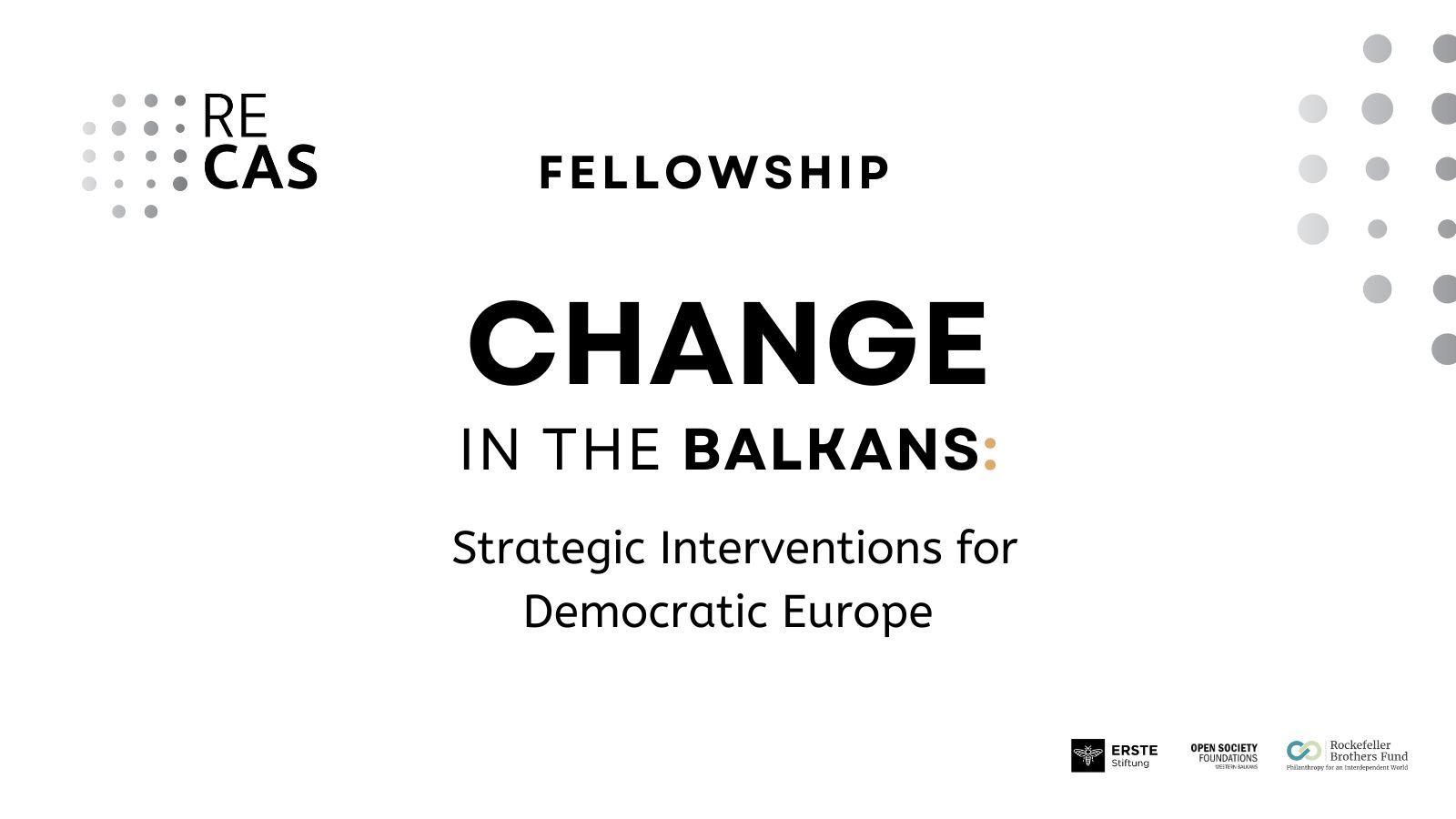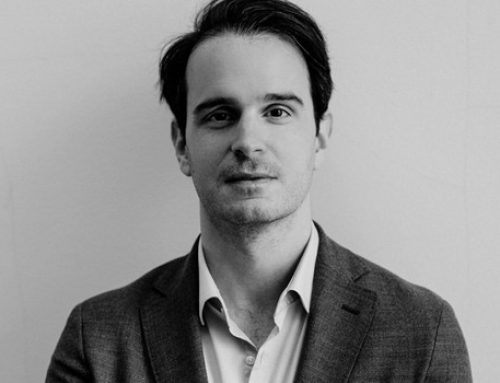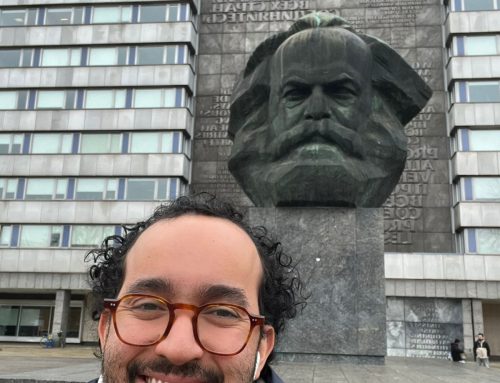Building on the academic synergies across eight countries of Southeast Europe as affirmed at the 2024 Rectors’ Forum of Southeast Europe and the Western Balkans, we are excited to announce:
CALL FOR FELLOWSHIP APPLICATIONS
AT THE REGIONAL NETWORK OF CENTERS FOR ADVANCED STUDIES IN SOUTHEAST EUROPE (RECAS)
The upcoming Regional Fellowship will encourage fellows to conduct and present their research at regional centers across Southeast Europe, further expanding the network of academics engaged in the region. Fellows will receive host support at the Universities of Rijeka and Belgrade, with the option to choose co-hosts at Universities of Skopje, Sarajevo, Ljubljana, Pristine, Tirana or Podgorica by their choice.
Each fellow will have the opportunity to spend up to four weeks working on their research project at a partner university and connect with other scholars and research communities within their field, perform data gathering, and/or get experience with a particular research method. We expect applicants to be action-oriented, with the aim of filling information gaps in the given areas or developing alternative solutions suitable for advocacy activities.
2025 FELLOWSHIP THEME: CHANGE IN THE BALKANS – STRATEGIC INTERVENTIONS FOR DEMOCRATIC EUROPE
In a context where social and economic patterns seem difficult to change in a structural way, this suggestion of capturing the moment, of transforming passivity into activity with imagination and by understanding and being involved in one’s environment, by avoiding an impossible frontal confrontation, shifts the focus to the change that actors are able to produce here and now.
Europe has to act as a whole, as a coordinated system that boldly stands for European values and protects social rights that make Europe so desirable to the rest-of-the-world citizens. European position in relations with the US, Russia, China, and the Global South have deep impact on the Balkans as well as Balkan countries action creates tensions and insecurity for Europe in the midst of changing geopolitical circumstances.
Europe is a greying continent. Demographic changes are the main issue of the region and EU in general. This influences the lives of older generations, but also changes the living environment and experience of the younger generation in Europe. Even if this situation does have a negative occurrence, we have to search for potentials and new paths in the light of global changes such as climate change, migrations and severe erosion of democracy around. In doing so we emphasize the importance of innovations in different social areas that might strengthen democracies and democratic resilience.
Addressing intertwined crises presents a unique opportunity for integrated, innovative solutions. What tools and frameworks are necessary to better seize future opportunities in each of these areas? Through the Regional Network of Centers for Advanced Studies (RECAS) located at major universities within and beyond the region, we aim to understand the programmatic documents (mission papers, policy platforms, action plans, manifestos, official statements etc) that drive traditional civil society organizations, grassroots movements, and political parties, and their initiated actions showing the potential of these actors for democratic change in the region.
We particularly encourage applicants that will address the following thematic foci:
Economic Change: In Southeast Europe, which is particularly our focus, the dual crises of an unsustainable pension system and a looming succession gap among smaller businesses threaten European economic stability and future prosperity. These intertwined issues demand urgent attention and coordinated solutions to safeguard the livelihoods of millions and ensure long-term economic sustainability. Countries in the region rely on pay-as-you-go pension systems, where current workers’ contributions fund retirees. With a swelling number of retirees and a shrinking workforce, these systems struggle to remain solvent, often leading to higher public debt as governments cover shortfalls. Low replacement rates leave many elderly citizens facing financial hardship, and the prevalence of informal employment reduces contributions to pension schemes.
The emigration of young, skilled workers to Western Europe compounds the issue, decreasing the number of contributors to the pension system and exacerbating economic instability. Family businesses, crucial to the region’s economies, face a critical succession gap. In the Balkans, one-third of business owners have no succession plans, and nearly two-thirds plan to transfer businesses to their children without clear strategies. The circular migration might be seen as an opportunity to address troubling issues in the region, but it is unclear what is the policy framework and incentives for such migration. Initiatives might include facilitating cross-border pension arrangements, offering incentives for returning entrepreneurs, and fostering networks to link diaspora communities with local economies.
The key question is what is the regional action that can address these economic challenges to lead the region towards economic stability and reaching EU average?
Digital Change: Digitalization in the Balkans faces several key challenges, including limited broadband access, outdated technology, and differing regulatory frameworks that complicate cross-border initiatives. Economic constraints, such as limited funding and high costs, alongside a lack of digital literacy and technical expertise, further hinder progress. Additionally, usage of the digital tools for spreading of the fake news and weak cybersecurity measures contribute to low public trust in digital services. However, despite challenges, the Balkans are becoming a competitive hub for IT companies, thanks to a skilled and multilingual workforce, lower operational costs, and a growing startup culture supported by incubators and networks. The region’s strategic location provides access to major markets. This influx, particularly from Russia, is driving regional competitiveness, economic growth, and positioning the Balkans as an emerging tech hub.
The key question is how this environment can contribute to successful inclusion into European digital space and what challenges, especially security issues, are identified in the regional scale?
Green Change: The green transition in the Balkans faces several key challenges, including outdated energy infrastructure heavily reliant on coal, which hampers the shift to renewable energy sources. Limited financial resources and investment in green technologies further impede progress. Regulatory and policy inconsistencies across the region create barriers to cohesive environmental strategies. Moreover, our focus are contrasting development visions among civil society organizations, grassroots movements, political parties, and governments that complicate efforts, as these actors often prioritize differing goals. Additionally, there is a lack of public awareness and education on sustainability issues, and insufficient government support for green initiatives. The region also struggles with pollution, waste management, and preserving biodiversity. Overcoming these challenges requires coordinated regional efforts, substantial investments, and robust policy reforms to drive sustainable development.
The key question is what coordinated regional actions might be drivers of the green and just transition in Southeast Europe?
CONDITIONS
Fellowships may run from 4 up to 6 month period. The expected start of the fellowship period is December 15, 2024.
Fellows will receive a net monthly stipend of 1,500 Euros. Fellows are responsible for their own travel within the region and health care provisions. RECAS network will provide fellows with the office space and contacts within the community.
Fellows are expected to actively participate in the CAS Online seminar with a guest of choice in conversation and participation in the session organized by other fellows, as a weekly event. Additionally, fellows are expected to participate in up to 2 capacity building workshops within the Academic policy lab as well as spend one week during their fellowship on the island of Cres at the Moise Palace, a Renaissance palace managed by the University of Rijeka. The Moise Palace serves as a research retreat; a regional hub for the advancement of social science, humanities, art, and interdisciplinary research; and a space of engagement and exchange with local communities.
Alongside pursuing their independent research interests, fellows will need to plan to attend at least one regional conference and one policy relevant event in the EU (preferably Brussels) to present their research. Travel and accommodation costs for these events will be covered, based on the provided proof of costs and submitted invoices for travel and accommodation.
During fellowship period, each researcher is required to write as essay on the theme of the fellowship. At the end of the fellowship, researchers must submit a short activity report to describe the academic and policy relevant outputs of the fellowship. Details will be provided once the fellowship is granted.
Fellows are chosen through a rigorous selection process, which includes stages of pre-selection and a decision made by an independent and interdisciplinary Selection Committee.
CALENDAR OF ACTIONS
Application deadline → October 15, 2024
Publication of the final selections → November 15, 2024
Expecting start of the Fellowship → December 15, 2024
ELIGIBILITY CRITERIA:
Applicants must hold a Ph.D. obtained a maximum of 5 years prior to the call deadline or be PhD candidate in later stage of their studies.
Applicants are expected to be able to communicate fluently in English as this is the working language of the Fellowship.
Researchers from all countries are eligible to apply for the program, providing they work in the theme of the call.
The program is open to all disciplines in the fields of humanities, social sciences, and arts.
HOW TO APPLY
Applications are submitted by filling the ONLINE APPLICATION FORM.
Fellowships are enabled by the Open Society Foundation Western Balkans, ERSTE Foundation and Rockefeller Brothers Fund in the framework of supporting brain circulation for democratic development in Southeast Europe.





